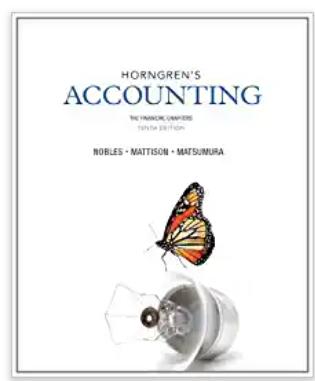Question
1. John is a real estate agent and is faced with the opportunity of offering for sale three residential properties of a wealthy woman. Of
1. John is a real estate agent and is faced with the opportunity of offering for sale three residential properties of a wealthy woman. Of the three houses, he will sell one in Arlington, one in Bethesda, and one in Chevy Chase, all suburbs of Washington, DC (although technically speaking, none is within the borders of DC, but not relevant to our problem). Several conditions are placed on the proposal. The first condition stipulates a definite sales price for each property: $500,000 for the house in Arlington, $800,000 for the one in Bethesda, and $1 million for the one in Chevy Chase. The second condition indicates that the Arlington property should be sold first. If the Arlington property is sold, then John, if he wishes to continue, can choose to offer either the Bethesda or the Chevy Chase property or both at the same time. If he continues sequentially and succeeds in selling his second choice, he will have the option to place the third property on the market. The final condition states that once a particular property is offered for sale, it will have to be sold within 30 days, or the entire arrangement will be terminated, and the property will be pulled back from the market.
Looking at the data on similar houses sold in the area, John thinks he has an 80% chance of selling the Arlington house, a 60% chance for the Bethesda property, and only 50% for the Chevy Chase property.
John will receive a commission of 5% of the selling price for any successful sale.
John concluded that the cost of attempting to sell the Arlington property (which, since it is first, must also bear the set-up costs for the whole deal) would be about $20,000. The corresponding figure for the Bethesda property is $10,000, and for the Chevy Chase property, $15,000. All the associated costs will incur before the house is offered for sale.
John is a GW MBA alum and brilliantlydraws the following decision tree to evaluate all his options.
Below is the decision tree John drew, which is partially populated with explanations. Please, first complete the decision tree, calculate the EMVs and then explain John's best decision strategy.

Step by Step Solution
There are 3 Steps involved in it
Step: 1

Get Instant Access to Expert-Tailored Solutions
See step-by-step solutions with expert insights and AI powered tools for academic success
Step: 2

Step: 3

Ace Your Homework with AI
Get the answers you need in no time with our AI-driven, step-by-step assistance
Get Started


